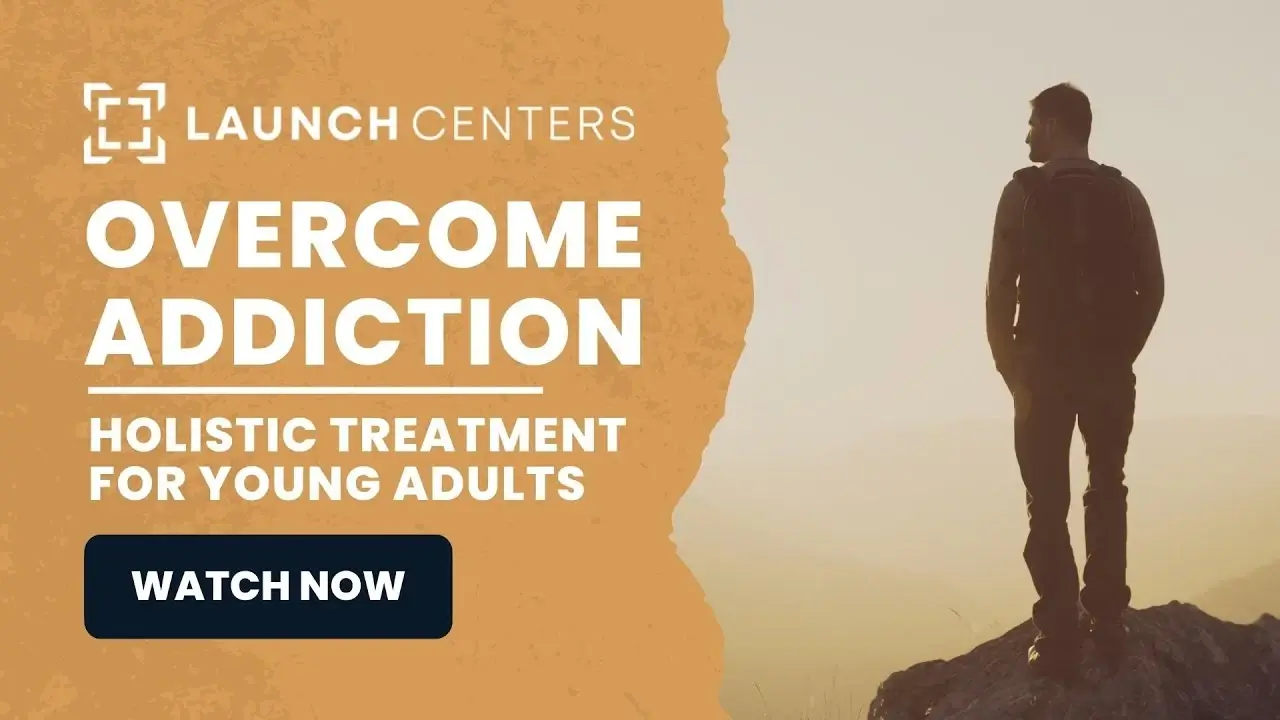
Adderall Addiction Treatment In Los Angeles

Help for Adderall Abuse and Addiction in Los Angeles
If you or a loved one are struggling with Adderall abuse, Launch Centers is here to help. We offer Adderall addiction treatment programs in Los Angeles, California, with individualized treatment plans and comprehensive support. Our team of specialists is ready to help you overcome Adderall addiction to restore your health, happiness, and well-being.
Adderall abuse and addiction are increasingly common, especially among teenagers and young adults. It’s important for parents and teachers to be aware of the signs of Adderall abuse, so addicts can get treatment early on and reduce the risk of serious health effects with prolonged use.
Recent data has proven that stimulant abuse is getting more common. According to a survey from the American Journal of Psychiatry, an estimated 5 million Americans are illegally using prescription stimulants, with the main goal of increasing their concentration over a long period of time. Over half of the respondents said they use prescription stimulants for cognitive enhancement, about 22 percent use it as a study aid, and 15 percent said they abuse stimulants simply to experience the high.
What is Adderall?
Adderall is a stimulant that includes amphetamine and dextroamphetamine. It is a prescription drug that is most commonly prescribed to people with attention deficit disorder (ADD) or attention-deficit hyperactivity disorder (ADHD). ADD/ADHD are neurological conditions that cause behavioral problems, such as impulsiveness, trouble focusing, and getting distracted frequently. The disorders are most commonly found in elementary-aged kids and adolescents, but adults can also get diagnosed.
Although less common, Adderall is also prescribed for people who suffer from narcolepsy, a disorder that causes extreme daytime tiredness, and sudden attacks of sleep. As a stimulant, Adderall is effective in helping people improve alertness and reduce sleepiness, which can greatly improve their quality of life.
Signs That Someone Is Addicted to Adderall
When someone is addicted to Adderall, they are reliant on the drug to feel alert, motivated, and productive. Without it, they likely feel tired, mentally foggy, and have trouble focusing or getting anything done. Some of the hallmark signs of Adderall abuse include:
- Loss of appetite
- Extreme weight loss
- Unusually talkative
- Aggressive
- Disorientation
- Impulsive behaviors
- Having incomplete thoughts or sentences
- Extreme hyperactivity
- Running out of their prescription early due to taking a higher dose than recommended
Long-Term Damage Done by Adderall Addiction
Heavy, prolonged use of Adderall can have harmful effects on the brain and the body. Common side effects resulting from long term Adderall abuse include:
- Rapid heart rate
- High blood pressure
- Chronic insomnia
- Trouble gaining weight
- Permanent damage to the gastrointestinal tract
- Seizures
- Headaches
- Tremors
Adderall Addiction Treatment in Los Angeles
If you or someone you know is struggling with Adderall abuse issues, our team at Launch Centers in Los Angeles can help. We provide outpatient treatment with a dual diagnosis focus, offering comprehensive support Adderall and other stimulant addictions as well as any co-occurring mental health disorders. Using a combination of therapies, we help our clients recover from substance abuse and treat mental health disorders while empowering them to live their best lives and reach their goals.
Our Adderall rehab center’s approach to recovery is much different than traditional treatment centers. Our 180-day program combines educational and vocational elements with clinical treatments that help clients live a successful life long after recovery.
Contact us today to learn more about Adderall addiction treatment options at Launch Centers and start your addiction recovery journey.






